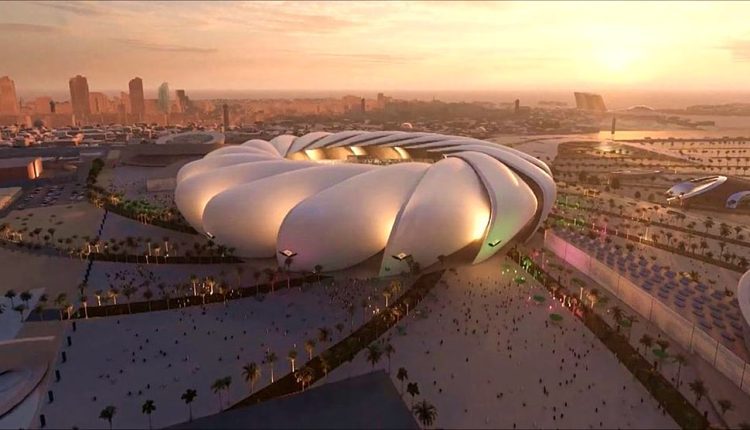28 March, 2024

Saudi Arabia, the sole bidder for the 2034 World Cup, secured hosting rights from FIFA in October last year.
The country faces initial challenges in infrastructure development as it aims to reshape its conservative image and attract foreign investments through high-profile sports events.
Despite its oil wealth, the nation’s ambitious Vision 2030 economic diversification plan, spearheaded by Crown Prince Mohammed bin Salman, includes several major projects such as NEOM, a futuristic city with a budget of $500 billion.
To host the 48-team World Cup, Saudi Arabia needs 14 all-seater stadiums with a minimum capacity of 40,000 people, as per the bid requirements.
Currently, it has only two suitable stadiums: King Abdullah Sports City Stadium in Jeddah and King Fahd International Stadium in Riyadh, which is undergoing renovations.
While Saudi Arabia boasts a popular football league, many of its 30-plus stadiums are outdated and small, featuring pitches surrounded by athletics tracks, a design that’s no longer favored.
A Saudi Football Federation official, speaking anonymously, acknowledged the monumental challenge but expressed confidence in overcoming it within the ten-year timeframe before the World Cup.
In preparation for upcoming events like the 2027 Asian Cup and the 2029 Asian Winter Games, Saudi Arabia is constructing new stadiums, including venues in Qiddiya and Dammam, scheduled to open by 2026.
Efforts are underway to enhance infrastructure for accommodation, public transportation, and cooling systems, given the country’s extreme summer temperatures exceeding 40 degrees Celsius (104 degrees Fahrenheit).
The sports ministry is expected to issue tenders worth 10 billion riyals ($2.69 billion) for stadium construction and expansion, as part of the comprehensive preparations for hosting World Cup matches in Riyadh, Jeddah, Dammam, Abha, Qiddiya, and NEOM.
While challenges remain in workforce development and operational management, there’s a concerted effort to train and upskill local talent to manage the World Cup venues effectively.
Despite the complexities, there’s optimism and commitment at the highest levels to ensure Saudi Arabia successfully delivers on its hosting responsibilities.
